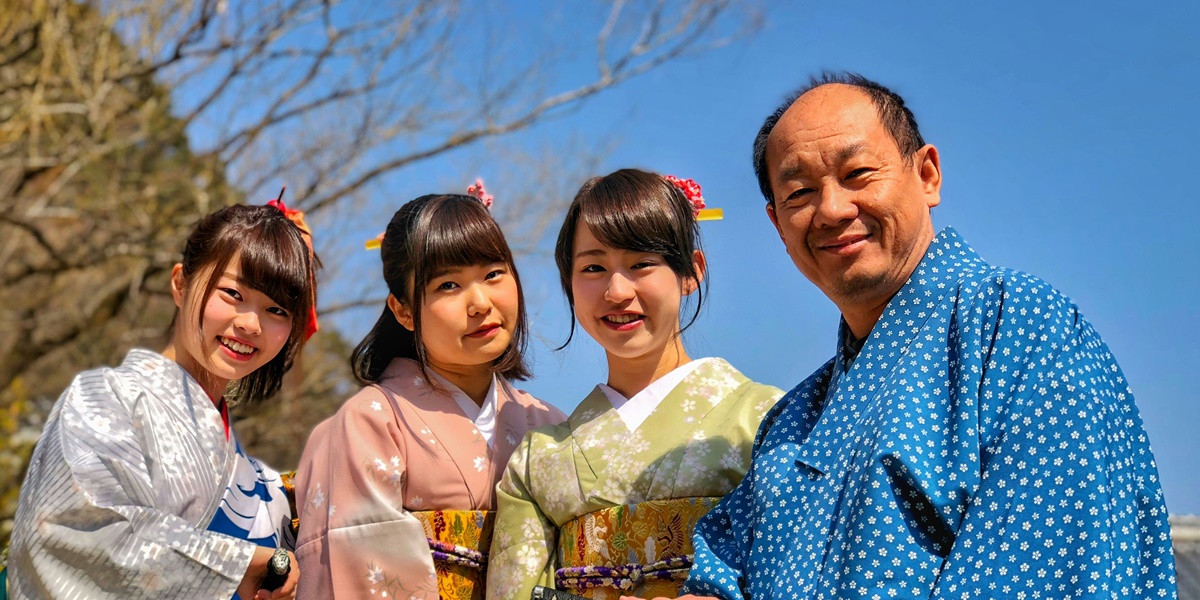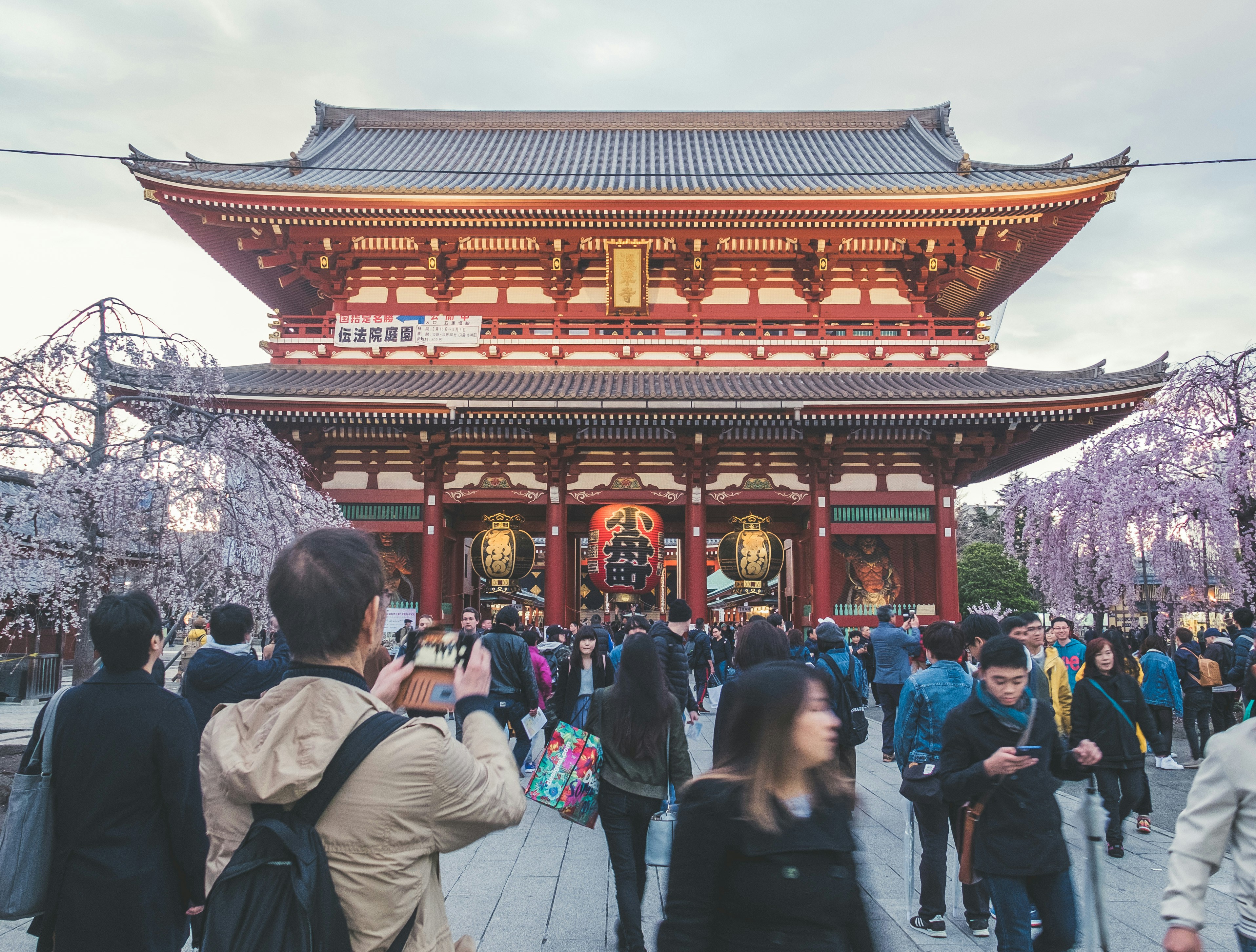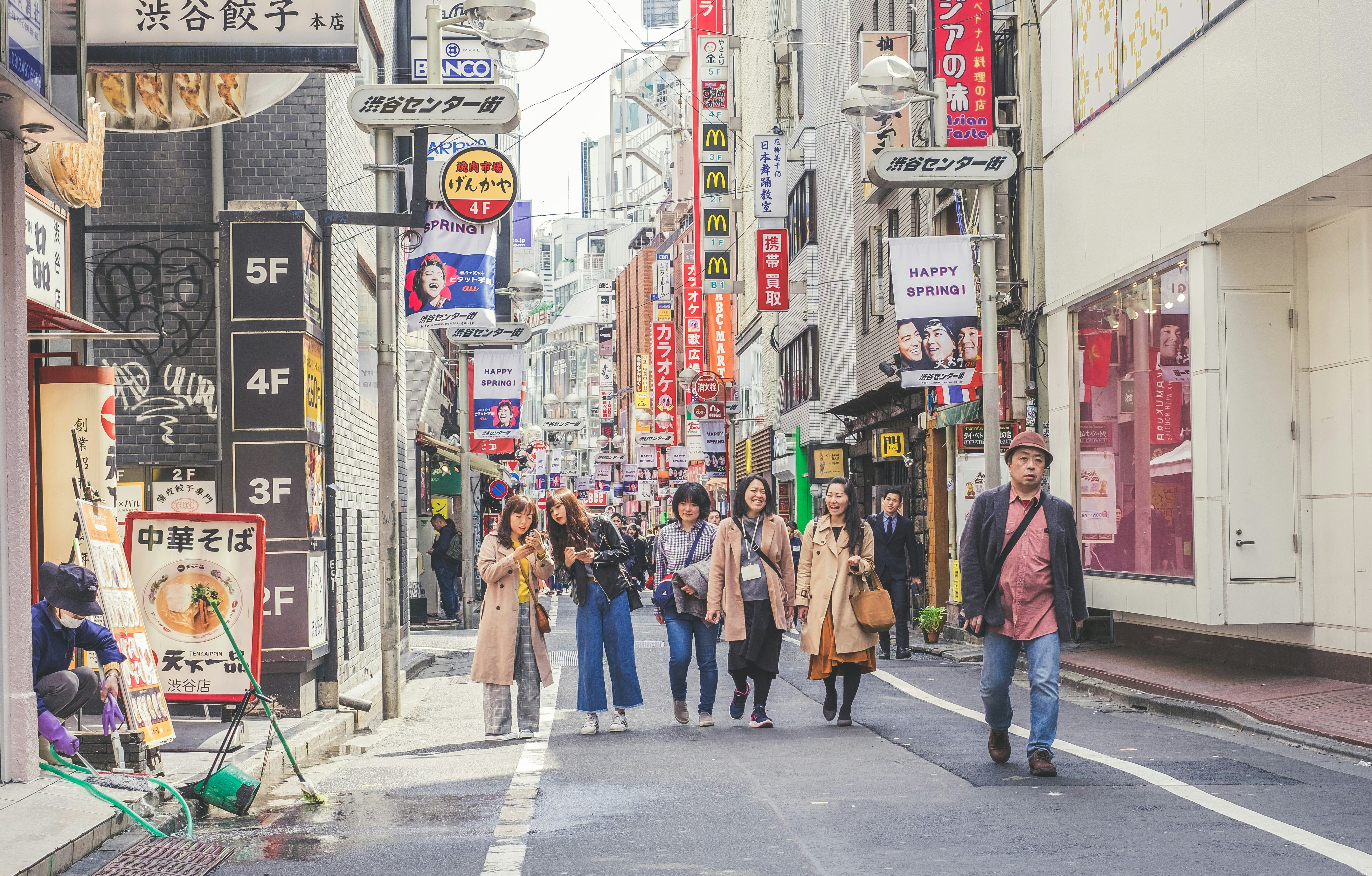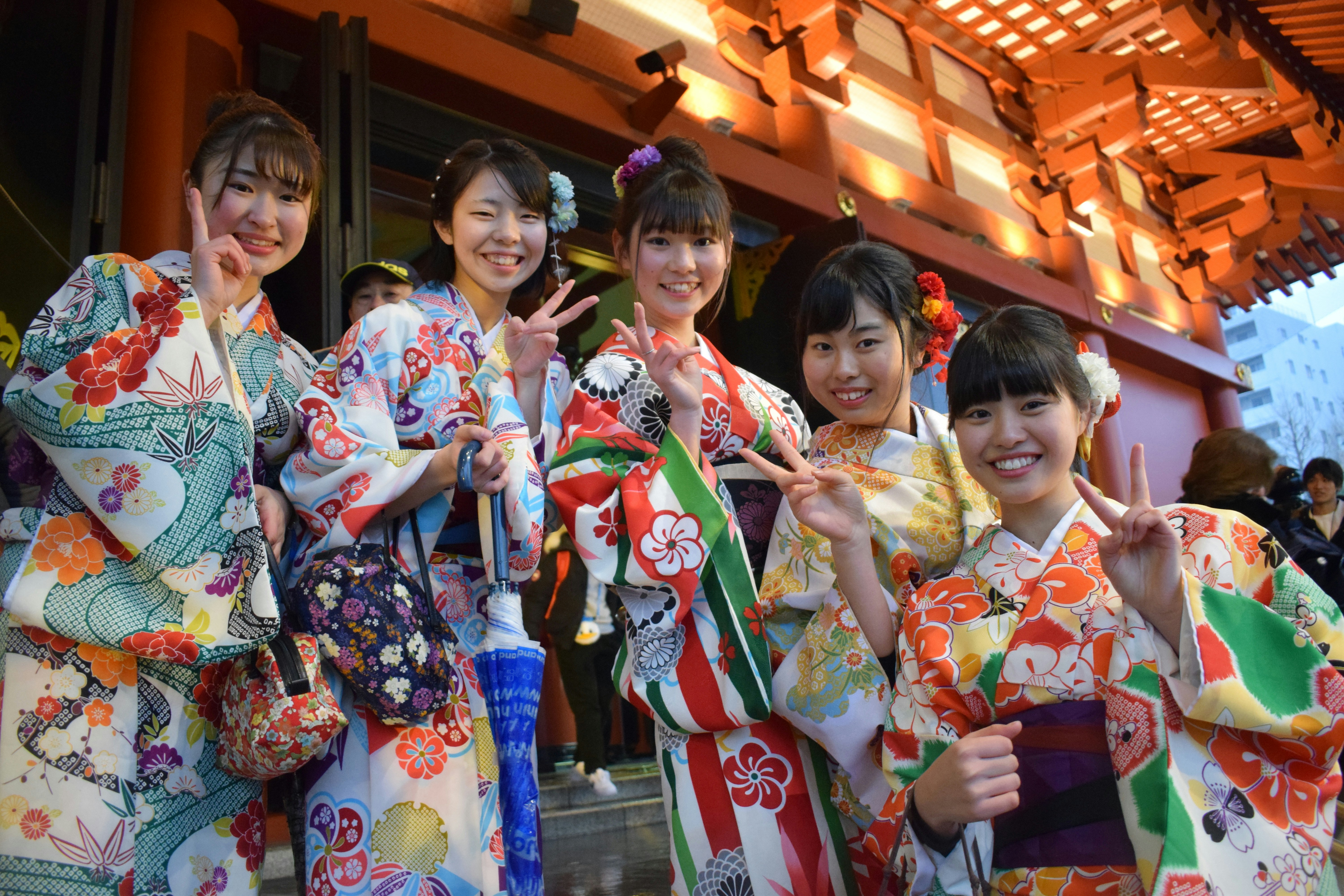4 Variations of Good Evening Greetings in Japanese, Distinguish Between Formal and Informal
Curious about the variations of good evening greetings in Japanese? To find out, just read the following review:

Kapanlagi.com - When learning Japanese language, greetings become one of the important things to learn. Because, the use of greetings is very often found in daily interactions. Among the many greetings commonly used, "apa kabar" is one of the most frequently heard. Therefore, it is important to know "apa kabar" in Japanese language.
Understanding the proper use of "apa kabar" in Japanese language is very important. Because, the question "apa kabar" is not just a question about someone's physical condition. More than that, this question also reflects respect and concern for the interlocutor, which is highly valued in Japanese culture.
In Japanese language, it turns out there are several variations of asking about someone's well-being. Clearly, knowing these variations helps to facilitate conversation and expand communication skills in Japanese language.
Curious, what are the variations of "apa kabar" in Japanese language? To find out, just follow the following review:

Ogenki desuka (credit: unsplash)
"Ogenki desuka?" is the most popular and commonly used Japanese greeting phrase which means "how are you?". "Ogenki desuka?" is a formal and polite greeting phrase.
In Japanese culture, this greeting phrase is commonly used to ask about someone's well-being when they live far away or cannot be seen every day. Therefore, this greeting phrase is often found in letter writing, emails, text messages, or phone calls.
Example usage in a sentence:
A: "Ogenki desuka?" (how are you?)
B: "Hai, genki desu." (Yes, I'm fine) or "Ee, genki ja arimasen." (No, I'm not fine)

Genki desuka (credit: unsplash)
Another variation of the Japanese greeting phrase "how are you?" is "Genki desuka?". In Japanese, "Genki desuka?" is also a common way to ask about someone's well-being.
This greeting question is more related to someone's physical and emotional condition. "Genki desuka?" literally means 'are you healthy?' or 'are you in a good condition?'.
Example usage in a sentence:
A: "Genki desuka?" (how are you?)
B: "Hai, genki desu." (Yes, I'm fine) or "Ee, genki ja arimasen." (No, I'm not fine)

Genki? (credit: unsplash)
In Japanese conversations, it is common to use the greeting "Genki?" without the honorific prefix "O" in front or the word "desuka" at the end. The greeting "Genki?" usually appears when greeting a close friend whom you haven't seen for a long time, at least for a few days.
The difference between "Genki" and "Ogenki desuka?" lies in the level of politeness. The letter "O" in "Ogenki" actually adds a level of politeness or respect. Meanwhile, the word "desuka" is simply a marker for a formal question.
Therefore, "Genki?" can be considered a more informal or casual variation of the Japanese phrase "apa kabar" (how are you?). This greeting is suitable for close friends of the same age who are already very familiar with each other.
Example in a sentence:
"Megumi-chan genki?" (Megumi-chan, how are you?)

Chousi do? (credit: unsplash)
Variations of "how are you" in Japanese are "Chousi do?". If "Genki" is suitable for peers, then "Chousi do?" is the opposite. This greeting is more appropriate for parents or people who are newly acquainted and not very close.
This greeting sounds very polite. "Chousi do?" is commonly used as a casual greeting during leisure moments at a formal event. Besides asking about someone's physical condition, "Chousi do?" can also mean asking about someone's current activities.
Examples in sentences:
"Choushi do?" (how are you?)
"Choushi wa do desuka?" (how is your condition?)

Gokigenyou? (credit: unsplash)
Other than "Ogenki desuka?", the word "Gokigenyou" can also be used as a Japanese greeting meaning "how are you?". "Gokigenyou" is a variation of the Japanese greeting "how are you?" that has a more subtle and polite meaning.
Example usage in a sentence:
"Gokigenyou, genki desu ka?" (Good morning/afternoon/evening/night, how are you?)
Interestingly, besides asking about someone's well-being, "Gokigenyou" can also be used as a farewell greeting. When ending a meeting and parting ways, "Gokigenyou" can be said as an expression of "goodbye". In this case, "Gokigenyou" has a similar meaning to "Sayonara". Although as a farewell expression, the use of "Sayonara" is more common compared to "Gokigenyou".
Example usage in a sentence:
"Raishuu made gokigenyou!" (See you again next week)
Those are some reviews related to various expressions of "how are you?" in Japanese. By mastering the variations of "how are you?" in Japanese, you will be able to communicate more smoothly and build good relationships with Japanese people.
(kpl/psp)
Cobain For You Page (FYP) Yang kamu suka ada di sini,
lihat isinya
Curious about the variations of good evening greetings in Japanese? To find out, just read the following review:
There are several basic vocabulary that tourists need to know before traveling to Japan, such as greetings, places, and some verbs or activities. To learn some daily Japanese vocabulary, just check out the following list:
So, what is the Japanese equivalent of "selamat sore"? Instead of being curious, let's find out by reading the following discussion.
There are many Korean dramas set in rural areas, KLovers. It is often highlighted for its beauty.
There are many hobby vocabulary in Japanese that can be learned, ranging from activities related to sports, fun activities at home, to outdoor activities. Curious about what hobby vocabulary in Japanese? To find out, just read the following review:
In the early stages of learning Japanese, the introduction of Katakana letters in the Japanese language is important.
Cool Japanese words are also suitable to be used as quotes on birthdays. Interested in writing birthday greetings in Japanese? If yes, just take a look at the following list:
There are several words in the Japanese language that can be used to describe delicious food. Here are some examples:
Here is the synopsis of anime KOMI CAN'T COMMUNICATE season 1 and 2 that you can read before watching the anime.
For those of you who want to watch the anime KURO NO SHOUKANSHI. Here is the complete synopsis of the anime KURO NO SHOUKANSHI along with the list of its cast.
From classic fairy tales to ancient legends, cultural heritage and mythology are often told in Disney films. Here is a list of Disney films containing cultural and mythological elements that are exciting to watch.
Through complex storylines and charming characters, viewers can witness Chinese dramas that recommend rekindled love. Here are the recommendations KLovers.